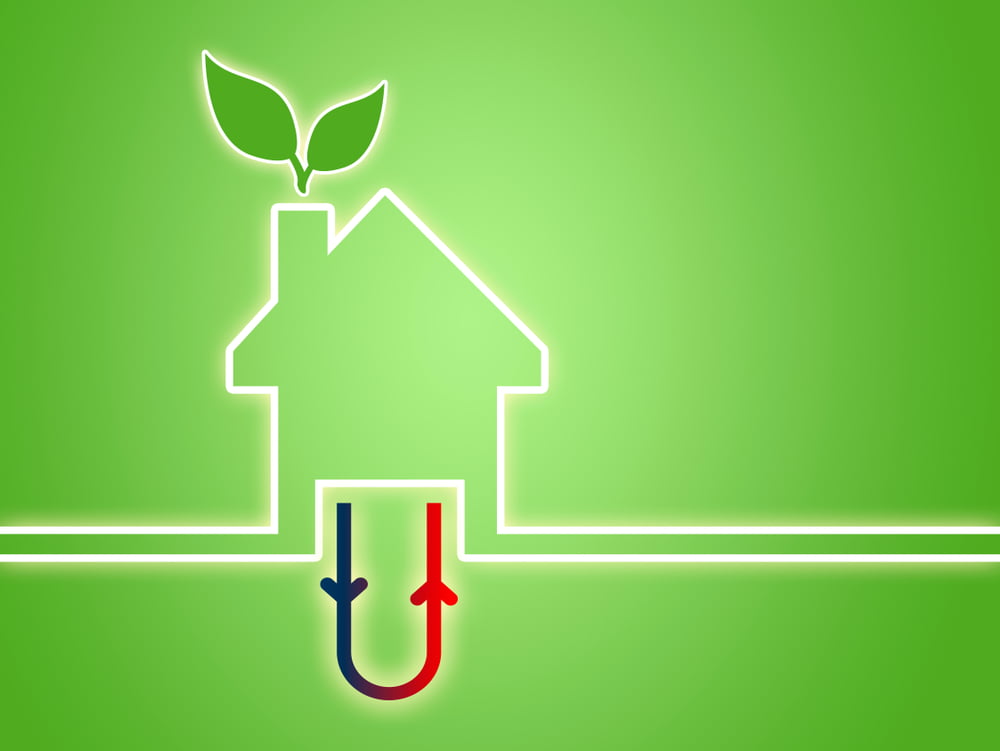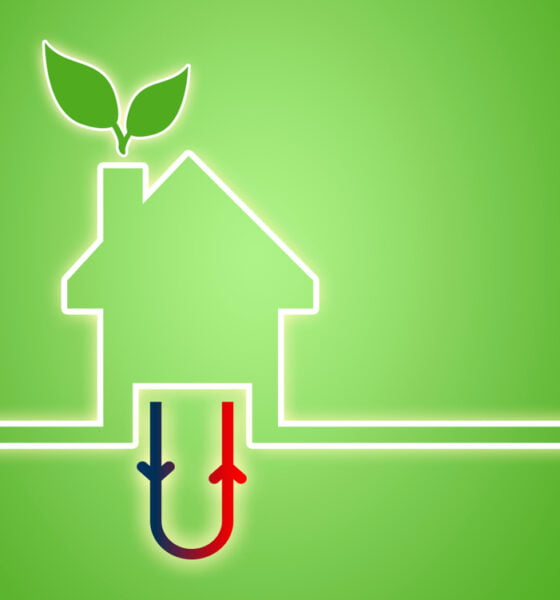

Environment
Is it More Eco-Friendly to Repair or Replace Your Heating System? 5 Factors to Consider
When the chill of winter tricks your fingers into frosty popsicles, your heating system becomes the uncelebrated hero of your home. But what happens when this guardian against the cold begins to falter?
You might find yourself wrestling with a vexing question: should I repair or replace my heating system? Adding in the green factor, it indeed becomes a conundrum.
This article will guide you through these complex considerations, helping you make an informed and eco-conscious decision. So settle down as we embark on this enlightening journey into the world of heating systems.
1. Weigh the Costs – Repair vs. Replace
When a heating system starts causing trouble, your initial reaction might be to call in for repairs. However, before making that phone call, take a moment to consider the economic implications.
- Initial Cost: Yes, repairing could initially seem less hard-hitting on your pocketbook. A service visit and a few replaced parts are typically cheaper than investing in a new unit.
- Long-Term Expense: But think long-term! Old heating systems can be guzzlers of energy and money over time. So, even if the sticker price of a new system gives you pause today, you need to consider future savings on energy bills and reduced frequency of service calls.
- Security: You should also consider the reliability of an older system even after repair. An unexpected breakdown in the middle of winter can lead to increased costs and discomfort.
By weighing these factors carefully, they might tilt your decision towards replacement instead of repair.
2. Choose a Reliable Heating Installation Service
Choosing the right heating installation service is as crucial as deciding on repair versus replacement. You’ll want a company with an impeccable reputation, high-quality equipment, and skilled technicians.
Doing your research is essential in landing a trusted installation service. Start by asking for recommendations from friends or family who have had heating systems installed recently. Also, don’t shy away from online reviews—they can be incredibly revealing about a company’s reliability and customer satisfaction.
Ensure that the service provides substantial warranties on their products and installations, demonstrating their confidence in what they offer. Lastly, confirm that they’re licensed to practice in your region and carry full insurance coverage for peace of mind.
3. Understand the Environmental Impact
In light of the rising global consciousness around climate change, it’s crucial to consider your heating system’s potential impact on your carbon footprint.
- Energy Efficiency: Newer models are often more power-efficient than their older counterparts. This energy efficiency not only conserves power but also reduces greenhouse gas emissions, leaving a smaller environmental footprint.
- Disposal: If you’re replacing an old heating system, disposal becomes a concern. Some parts could be hazardous waste and require special handling. However, many components can also be recycled, reducing the need for new materials in manufacturing processes.
- Production Impact: While a new heater does involve production emissions and resource use, modern policies often require producers to minimize environmental harm during manufacture.
Taking the time to understand these environmental impacts will equip you with useful knowledge as you make your decision between repair or replacement.
4. The Life-Cycle of Your Heating System
Just like any other household item, heating systems come with an expiration date, marking their phase of highest efficiency. Depending on the specific kind and caliber of your unit, it could offer a dependable performance spanning from 10 up to 15 years.
Issues often escalate after this point, resulting in frequent repairs or poor heating performance. Therefore, the age of your system is a crucial deciding factor in the repair vs replacement conundrum.
Keeping track of your heating system’s life cycle can help you evaluate its condition and foresee potential disruptions. If replacement seems increasingly inevitable considering its age and decreasing efficiency, then environmentally friendly might mean laying the old system to rest and investing in an up-to-date model with higher energy efficiency.
5. Efficiency with Newer Models
Opting for a new model when replacing your heating system can offer several benefits:
- Modern Systems: They typically come equipped with advanced technology that maximizes energy utilization – translating into lower bills for you.
- Reduced Emissions: Their high-energy efficiency leads to fewer greenhouse emissions, thus being gentle on the environment.
- High Performance: With improved design and functionality, these models keep your rooms warmer more effectively and often require less maintenance.
In these ways, newer models can be a worthwhile investment for both your pocket and the planet.
Wrapping Up Your Heating Dilemmas
That is how you can navigate your heating system concerns, interwoven with eco-friendliness. Remember, it’s all about making informed decisions that are beneficial not only for you and your comfort but also for our shared environment. Stay warm and green!


 Environment11 months ago
Environment11 months agoAre Polymer Banknotes: an Eco-Friendly Trend or a Groundswell?

 Features10 months ago
Features10 months agoEco-Friendly Cryptocurrencies: Sustainable Investment Choices

 Features11 months ago
Features11 months agoEco-Friendly Crypto Traders Must Find the Right Exchange

 Energy10 months ago
Energy10 months agoThe Growing Role of Solar Panels in Ireland’s Energy Future

















